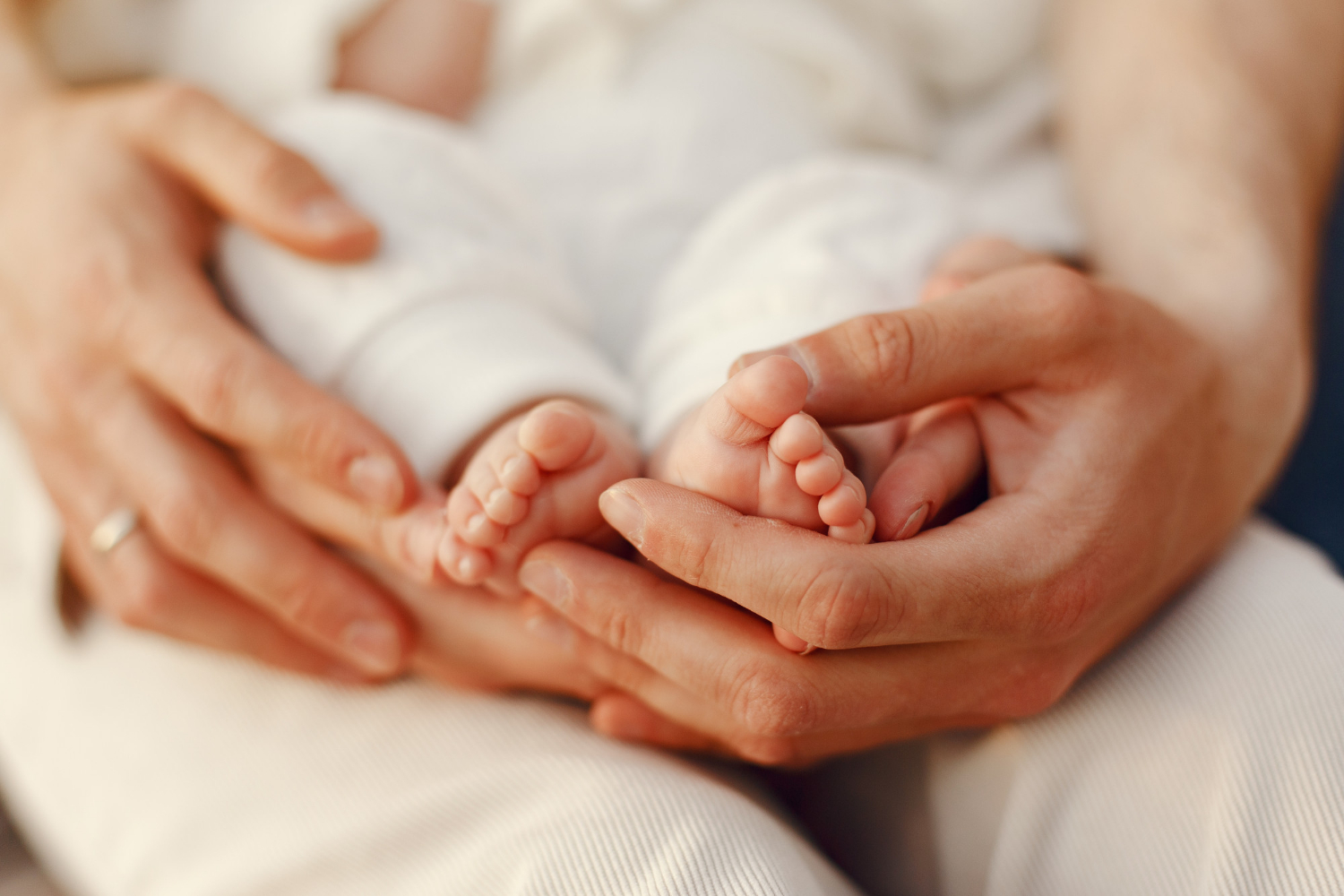Embryos Florida
What Is Embryos Florida? Understanding the First Step to Life with Panama Fertility

If you’ve started researching fertility treatments or IVF options in Florida, you’ve likely encountered the term “embryos.”
But what is embryos, really? And why does it matter so much when choosing the right fertility clinic — whether in Florida or beyond?
At Panama Fertility, we believe every family deserves to fully understand how life begins in the lab and how embryo development plays a critical role in your success story.
Let’s break it down — clearly, compassionately, and with expert insight.
What Is an Embryo?
In simple terms, an embryo is a fertilized egg — the first stage of life after the sperm successfully penetrates the egg.
Here’s the basic timeline:
- Day 1: Fertilization occurs = zygote
- Day 2–3: Cell division begins
- Day 5–6: The embryo reaches the blastocyst stage, ready for implantation
In IVF (In Vitro Fertilization), this entire process takes place in a laboratory before the embryo is transferred into the uterus.
Understanding how embryos grow helps both doctors and patients make smarter, more personalized decisions.
Why Are Embryos So Important in IVF?
Embryos are the core outcome of any IVF cycle.
The goal of treatment is to create high-quality embryos that:
- Implant successfully
- Develop into healthy pregnancies
- Lead to live births
Embryo quality directly influences your success rate, especially for:
- Women over 35
- Couples with past IVF failures
- Genetic conditions requiring embryo testing
At Panama Fertility, embryo development is handled by world-class embryologists in an AI-enhanced lab environment.
What Is Embryos Florida: The Local Search Context
When patients search “what is embryos Florida”, they’re often:
- Starting their fertility research
- Comparing IVF clinics and labs in Florida
- Wondering how embryos affect outcomes
- Curious about embryo freezing, testing, and grading
The truth? Not all IVF clinics offer the same standards, technology, or lab care.
That’s where Panama Fertility stands out.
Embryo Care at Panama Fertility vs. Clinics in Florida
Factor | Typical Florida Clinics | Panama Fertility |
Embryo Grading | Available | Done by AI and embryologists |
PGT-A (genetic testing) | Extra cost | Available & affordable |
Embryo Freezing | Often extra | Included in packages |
Blastocyst Culture | Not always standard | Always standard |
Personal Embryo Monitoring | Limited updates | Transparent, real-time updates |
Cost per cycle | $15,000 – $25,000 | $6,500 – $8,500 |
Whether you’re in Miami, Tampa, Orlando, or Jacksonville — it’s worth exploring your options beyond Florida borders.
Embryo Testing: What You Should Know
Panama Fertility offers Preimplantation Genetic Testing (PGT-A) to evaluate embryo chromosomes before transfer, helping to:
- Reduce miscarriage risk
- Improve implantation rates
- Select the healthiest embryo
- Avoid genetic disorders
PGT-A is especially recommended for:
- Women over 37
- Patients with multiple miscarriages
- Couples with genetic conditions
- Prior IVF failure
Knowing more about your embryos helps you do less guesswork.
What Happens to Extra Embryos?
After a successful IVF cycle, you may have extra embryos.
You can choose to:
- Freeze them for future use (highly recommended)
- Donate to other couples (if permitted)
- Donate to research or dispose respectfully
Panama Fertility offers secure long-term embryo storage and full support for every decision.
How We Care for Embryos at Panama Fertility
✅ AI-Enhanced Monitoring
We use time-lapse incubators and artificial intelligence to track embryo growth without disturbing them.
✅ Personalized Embryo Strategy
We consider age, egg quality, sperm quality, and uterine health to match the right embryo to the right cycle.
✅ Transparent Communication
You’ll be informed at every stage — how many embryos formed, their grade, and your best options.
✅ Gentle, Precise Transfer
Once the embryo is selected, we use a gentle, ultrasound-guided procedure to transfer it to the uterus.
Real Stories from Patients Who Asked “What Is Embryos Florida?”
“After two failed IVF attempts in Florida, I started reading about embryo quality. Panama Fertility helped me understand why embryo development matters — and I got pregnant on my next cycle.”
— Teresa, West Palm Beach
“My clinic never explained how they chose embryos. At Panama Fertility, I felt involved, respected, and educated. That made all the difference.”
— April & Dan, Orlando
How to Get Started If You’re Curious About Embryos
- Book a virtual consultation with one of our fertility doctors
- Send your previous IVF or fertility records (if any)
- Discuss your goals and embryo options
- Receive a personalized treatment and embryo care plan
- Begin your journey — with science and heart
FAQs: What Is Embryos Florida and Beyond
An egg is the female reproductive cell. Once fertilized by sperm, it becomes an embryo.
Quality matters more than quantity. Often, 1–2 high-quality embryos give the best outcomes.
Yes! Frozen embryo transfers (FETs) often result in excellent success rates.
Testing is optional but recommended in certain cases, especially with age or medical history.
Absolutely. Frozen embryos remain viable for 10+ years with no decline in quality.
ivf appointment
👉 Book your appointment now.

🌟 At Panamá Fertility, we offer tailored treatment plans for women with endometriosis, combining expertise, advanced technology, and compassionate care to help you achieve pregnancy.





